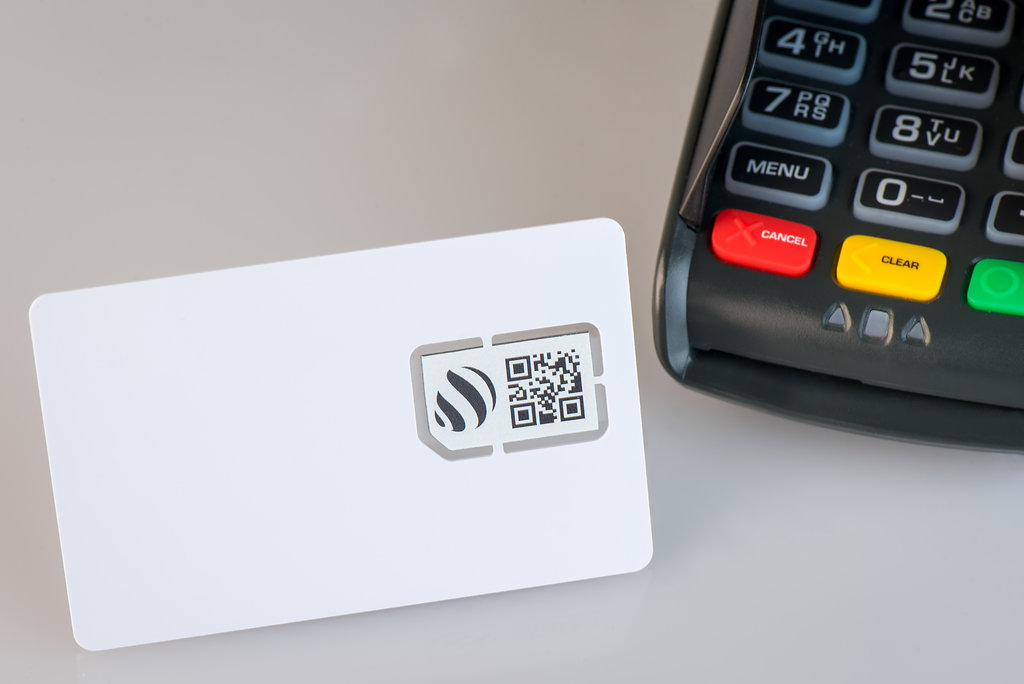If you keep up with what's occurring in cryptocurrencies, then you know a lot about bitcoin, now in existence for eight years. Even though you've seen bitcoin sanctioned by major corporations and some of your business competitors, you've maybe held off using it in your retail store.
One reason behind your decision is probably because of how unregulated bitcoin is. While true, the benefits are starting to outweigh some of the negatives over the last few years.
Bitcoin has also been challenging to use in retail without proper technology. With quality mobile beacon technology, you can start to use it this summer.
No Worries About Fees
One of the main attractive aspects to bitcoin is the fact that you have little to no fees involved as you do with ordinary payment methods. Since it doesn't require a bank to verify transactions, you're already saving money for your business.
Adding beacon technology to integrate seamlessly with your retail cash registers lets people use this through mobile devices to avoid using credit cards.
For cash flow savings, it's ideal since merchant transaction fees are often 2%-3%.
Obtaining or Sending Money Quickly
Using bitcoin also allows you to receive your money immediately without lags. No more having to worry about slow intermediaries or waiting to get money from credit.
If you're already experiencing cash flow issues, you'll be able to receive money in your account immediately to keep your head above water.
When you make your payment system easier for customers with beacon technology, it becomes a symbiotic payment process.
Keep in mind payments to other countries are also easy and fast with bitcoin.
A Good Investment
Considering bitcoin value continues to rise, it's a good way to cash in when the value price rises. In this regard, you could make a bigger profit when you cash in your bitcoin later once the value takes a major uptick.
As of this writing, it's valued at over $4,000 and showing huge indefinite growth.
At Netclearance, we offer our mBeaconPay platform, allowing you to easily accept bitcoin with your payment system. Now you can move into the future while accommodating customers you've lost because you couldn't use this cryptocurrency in the past.





















